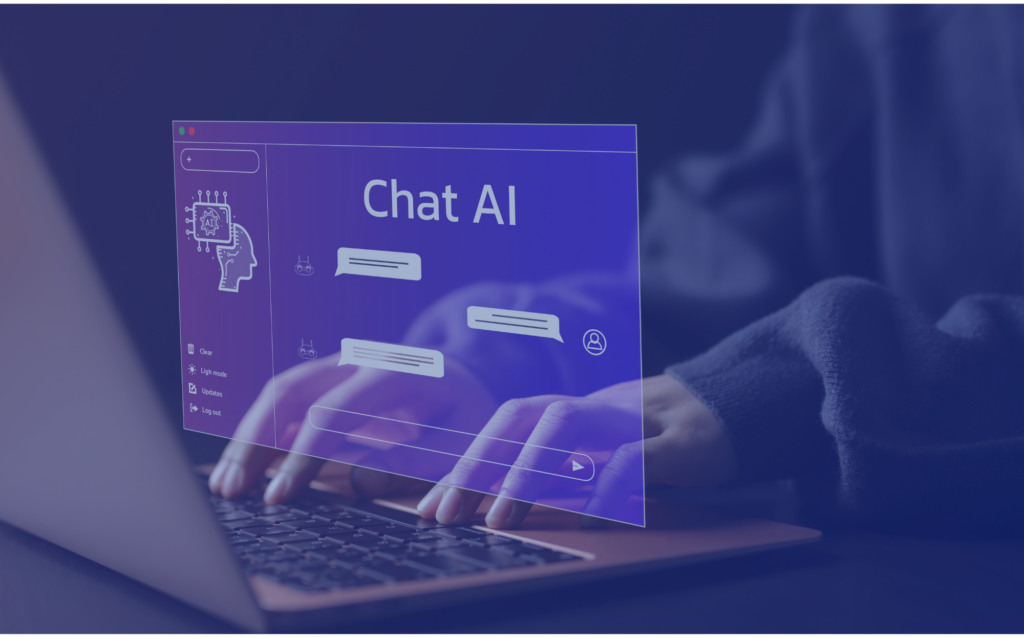We are in a world where technology is advancing faster than
ever, artificial intelligence (AI) will shake up how we work, totally changing
industries and changing job descriptions along the way. AI is unlocking new
opportunities for innovation, efficiency, and growth. How exactly is AI
reshaping the landscape of work? Let’s explore further in this article.
The Rise of AI in the Workplace
We now live in a world where AI isn’t just some far-off
fantasy straight out of “The Matrix”. It’s already making its mark across a
wide range of industries, from manufacturing and healthcare to finance, retail and
even agriculture. With advancements in machine learning, natural language
processing, and computer vision, AI-powered technologies are becoming
increasingly sophisticated, enabling organizations to automate routine tasks,
augment human capabilities, and deliver personalized experiences at scale.
Automation and Augmentation: Redefining Job
Roles
One of the most significant impacts of AI on the future of
work is its ability to automate repetitive and mundane tasks, freeing up human
workers to focus on higher-value activities that require creativity, critical
thinking, and emotional intelligence. For instance, manufacturing employs AI
algorithms to oversee equipment performance and identify production anomalies,
relieving workers from the burden of repetitive monitoring tasks.
Beyond automation, AI serves to enhance human capabilities,
offering tools and insights that optimize job performance. AI-driven virtual
assistants exemplify this, streamlining administrative tasks, coordinating
meetings, and even anticipating user needs, thereby amplifying productivity and
workflow efficiency.
Industry-Specific Applications of AI
Across various industries, AI is driving innovation and
transformation, enabling organizations to stay competitive in an increasingly
digital and data-driven landscape. In healthcare, AI-powered diagnostic tools
and predictive analytics are revolutionizing patient care, enabling early
detection of diseases and personalized treatment plans In agriculture, AI is
revolutionizing various aspects of farming, from crop monitoring and management
to yield optimization and sustainability.
In finance, AI is powering fraud detection systems,
algorithmic trading platforms, and personalized wealth management solutions,
enhancing security, accuracy, and customer satisfaction.
Adapting to the Future of Work
As AI continues to reshape industries and redefine job roles,
organizations and workers alike must adapt to this rapidly changing landscape.
This requires a commitment to lifelong learning, reskilling, and upskilling to
stay relevant in an AI-driven economy. Employers must invest in training
programs and educational resources to equip their workforce with the skills and
knowledge needed to thrive in a technology-driven world.
Similarly, policymakers and educators must collaborate to
develop comprehensive strategies for preparing the next generation of workers
for the jobs of tomorrow. This includes integrating AI literacy into school
curricula, promoting STEM education, and fostering a culture of innovation and
entrepreneurship.
Conclusion: Embracing the AI-Enabled Future of
Work
AI is reshaping the future of work in significant ways.
Through automation, personalized experiences, and enhanced tools, it’s not just
altering job functions but also industries on a global scale. Embracing
AI-powered technologies and adapting to the evolving digital landscape present opportunities
for growth and innovation. As we navigate this transformative journey, let’s
seize the potential of AI to drive positive change and propel human advancement
forward together.
